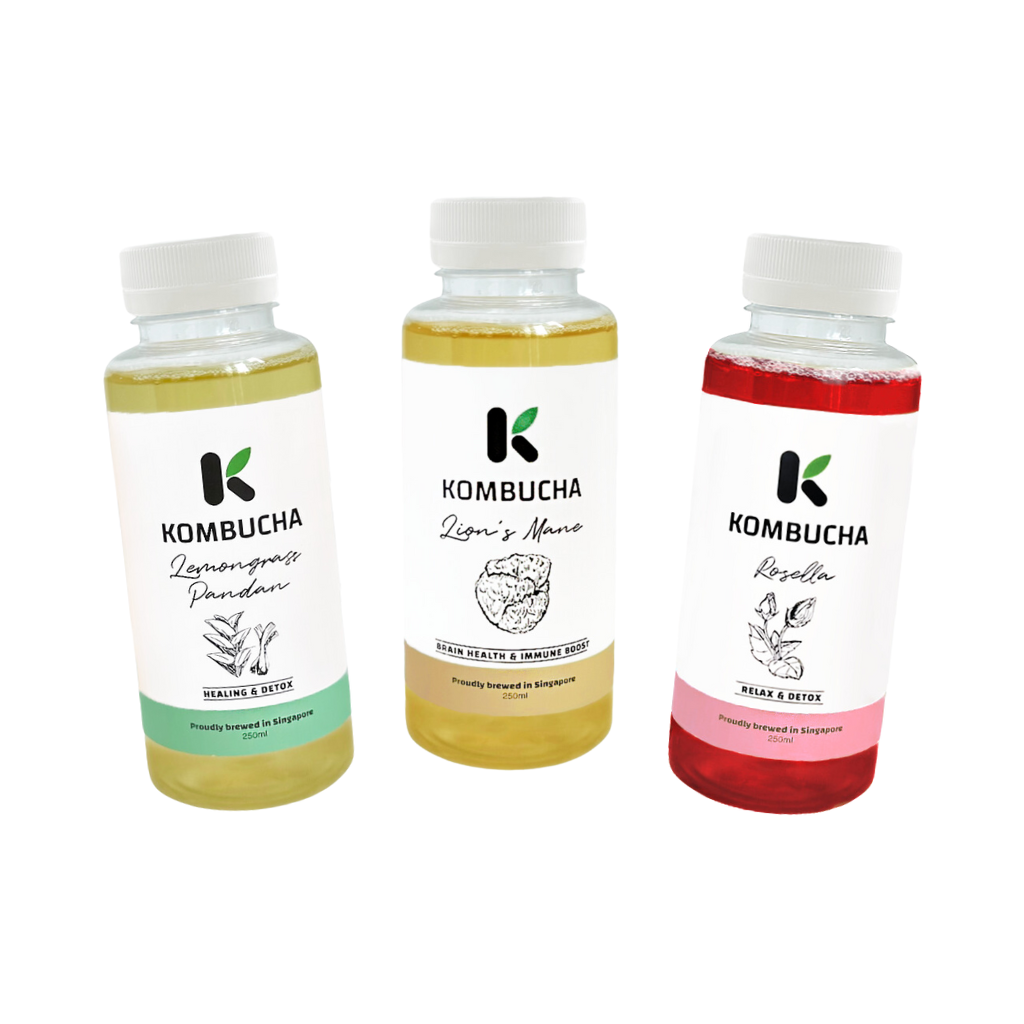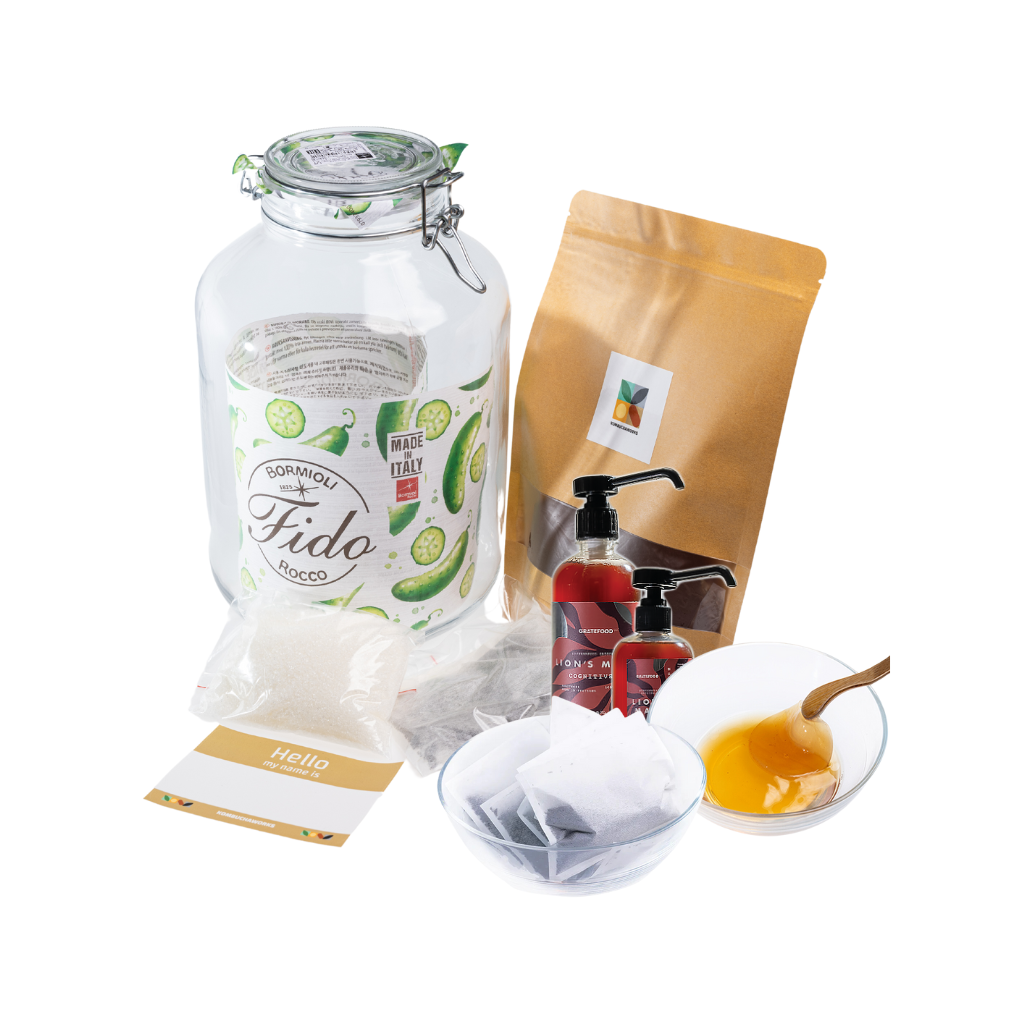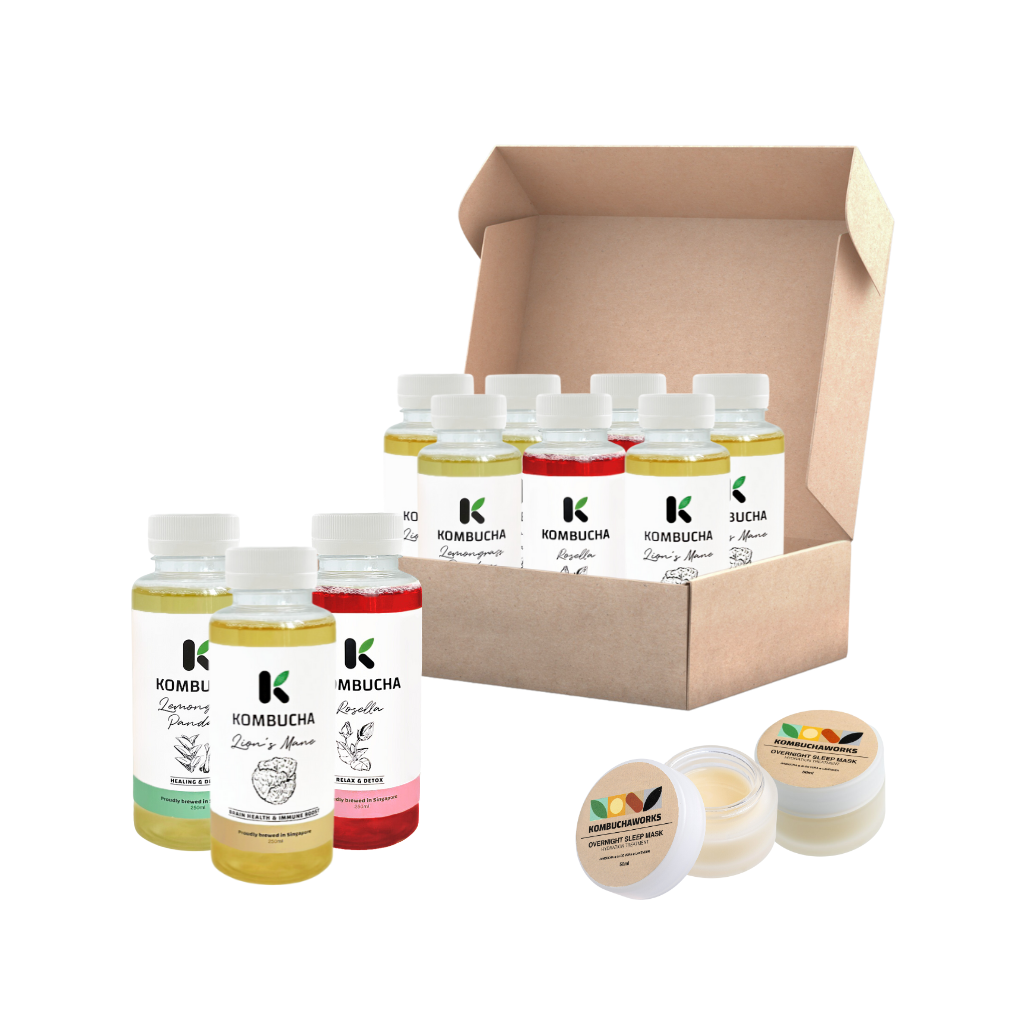Kombucha, a fermented tea celebrated for its probiotic content and potential health benefits, has seen a surge in popularity across Singapore. Crafted by fermenting sweetened tea with a symbiotic culture of bacteria and yeast (SCOBY), it produces a tangy, effervescent drink rich in probiotics, B vitamins, and organic acids. Enthusiasts often praise its ability to support digestion and boost the immune system. However, for expectant and nursing mothers, understanding the implications of consuming kombucha during pregnancy and breastfeeding is crucial.
Kombucha and Pregnancy: Assessing the Risks
Despite its healthful reputation, kombucha presents several concerns for pregnant women:
- Alcohol Content: The fermentation process naturally produces alcohol. Even commercially available kombucha labeled as non-alcoholic can contain up to 0.5% alcohol by volume. Given that no amount of alcohol is deemed safe during pregnancy, it's advisable to avoid kombucha during this period.
- Caffeine Presence: Typically brewed from black or green tea, kombucha contains caffeine. While the fermentation reduces caffeine levels, pregnant women are generally advised to limit their daily intake to under 200 mg. Consuming kombucha contributes to this total and should be considered within the broader context of dietary caffeine consumption.
- Acidity Levels: Kombucha's acidic nature, comparable to that of soda, can exacerbate heartburn—a common discomfort during pregnancy—and may contribute to dental erosion.
- Risk of Contamination: Unpasteurised kombucha poses a risk of containing harmful bacteria or pathogens. Pregnant women are generally advised to avoid unpasteurised products to reduce the risk of foodborne illnesses.

Kombucha During Breastfeeding: Proceeding with Caution
The considerations for consuming kombucha extend into the breastfeeding period:
- Alcohol Transfer: While the alcohol content in kombucha is minimal, trace amounts can pass into breast milk. Although the risk is low, it's prudent to monitor the timing and quantity of kombucha consumption relative to breastfeeding sessions.
- Caffeine Considerations: Caffeine does transfer into breast milk, and excessive intake may affect an infant's sleep patterns or cause irritability. Moderation is key, and total daily caffeine consumption should be monitored.
- Digestive Sensitivity: Some infants may exhibit sensitivity to new substances in their mother's diet. Introducing kombucha gradually and observing the baby's reactions can help identify any adverse effects.
Recommendations for Expectant and Nursing Mothers
Given the potential risks associated with kombucha consumption during pregnancy and breastfeeding, it is advisable for mothers to:
- Consult Healthcare Providers: Before introducing kombucha or any new dietary item, seek guidance from a healthcare professional familiar with your individual health circumstances.
- Consider Alternatives: Explore other probiotic-rich, pasteurised options such as certain yoghurts or pasteurised kefir, which may offer similar digestive benefits without the associated risks.
- Practice Moderation: If choosing to consume kombucha while breastfeeding, do so in moderation, monitor your infant for any changes, and opt for commercially prepared, pasteurised varieties to minimise risks.
In conclusion, while kombucha offers certain health benefits, its consumption during pregnancy and breastfeeding warrants careful consideration. Prioritising the health and safety of both mother and child is paramount, and making informed dietary choices plays a significant role in this endeavour.





